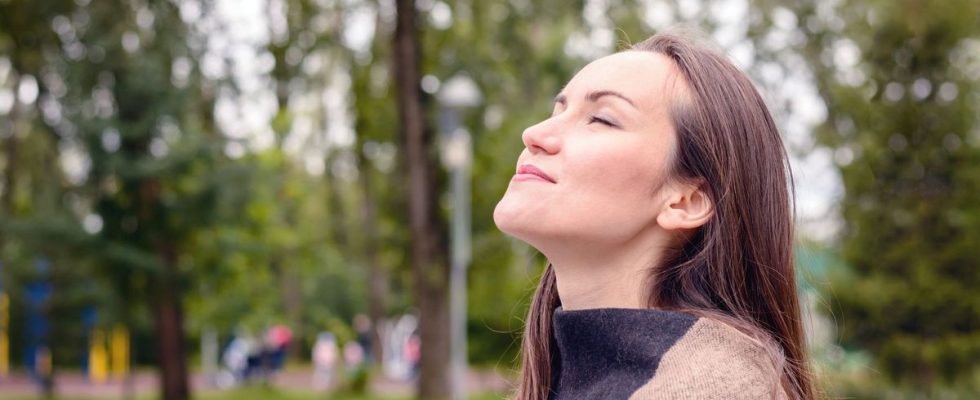Published on
Updated
Reading 2 mins.
A report by the University of Chicago’s Energy Policy Institute (EPIC) on global air quality recently warned of the impact of pollution on health, calling it “the greatest external threat to health public”. In this context, it becomes urgent to protect against the harmful effects of fine particles. Advice from Dr Gérald Kierzek, emergency doctor and medical director of Doctissimo.
According to the World Health Organization (WHO), the combined effects of ambient air pollution and indoor air pollution are associated with 6.7 million premature deaths per year. Fine particle pollution – emitted by motor vehicles, industry and fires – is said to pose the greatest threat to public health. Indeed, fine particle pollution has been proven to increase the risk of developing lung and heart disease, stroke and cancer.
Practical advice to limit the effects of pollution
Here are some tips to protect yourself from pollution, especially in the event of a peak:
- Avoid going out on the day(s) of peak pollution. “This especially concerns the most vulnerable populations, namely the elderly, infants, and those with heart and respiratory failure.says Dr. Kierzek.
- Ventilate your interior every day for at least 10 minutes, outside peak pollution periods. “We don’t say it enough but our interiors are also polluted, sometimes more than the air outside”warns Dr. Kierzek.
- Always have your Ventolin with you when you are asthmatic. “Asthmatics are also advised to consult their doctor to possibly reinforce their treatment in the event of a peak.advises the emergency doctor.
- Do not exercise outdoors. “During exercise, the respiratory rate increases, which increases the risk of inhaling more pollutants.warns Dr. Kierzek.
- Avoid taking the car.
- Take the cycle paths rather than the lanes where cars travel, when you’re on a bike. “This avoids being in the flow of cars and breathing in exhaust fumes.
- Have your car’s cabin filter checked regularly. A clogged filter can lead to pollution of the passenger compartment 4 to 6 times higher than that of the air in the street.
- Avoid major highways and their outskirts during periods of heavy traffic.
- Do not drive with the window open in traffic jams or in tunnels, and opt instead for air recycling in these two cases. This prevents the outside air from being drawn back into the car.
- Prioritize short activities that require little effort if you have to go outside. Again, the goal is not to increase your breathing rate.

